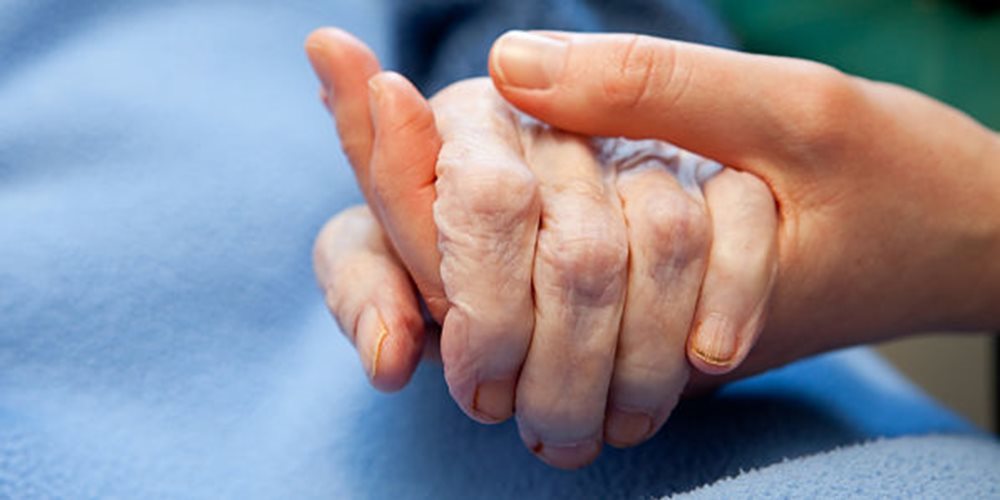
End-of-life conversations can improve quality of life and provide people dealing with an advanced illness with a much-needed sense of control, according to an expert psychologist speaking at the APS College of Clinical Psychologists Conference in Melbourne 24 – 26 May.
Clinical psychologist Dr Ursula Sansom-Daly, who works with young people with cancer at Sydney Youth Cancer Service, advocates the need for end-of-life conversations between patients and their family members, doctors and healthcare providers.
"When these sometimes difficult conversations are avoided, the quality of remaining life can be jeopardised," said Ms Sansom-Daly.
She said these conversations are an opportunity for people to discuss treatment plans, life-sustaining options, referrals to hospices and funeral arrangements, but also to reflect on their life.
"Most people have a desire for their life to have meant something, and legacy planning becomes important. It may also be a time to tell family stories of their life and to resolve any past family issues."
"It can provide people with a strong sense of self during a time when illness may dominate their lives."
Dr Sansom-Daly said: "By having end-of-life conversations we know what our loved ones wishes would be and what they would want. It gives people more control in the end."
She said there are many reasons these conversations don't happen. "Often people worry the patient may not cope or will think they are giving up hope or abandoning them. Sometimes families block conversations because they are unable to accept the advanced nature of illness."
Dr Sansom-Daly says conversations aren't as distressing as you think, but there is a stigma similar to talking about suicide.
"It's okay to ask people if they want to talk about it, and they are often grateful to have the opportunity. In my experience they've often been thinking about death and the meaning of life, but may not feel they can raise it with others."
Dr Sansom-Daly, who also leads the mental health research team within the Behavioural Sciences Unit, Sydney Children's Hospital and the University of NSW, is currently leading research to develop best practice guidelines for how clinicians should be carrying out end of life communications.
"If we could become a more death literate society and understand that talking about end-of-life issues doesn't have to be an awful thing, that it can be empowering and enabling of choice and options, then I think we would be better off. It can contribute to a better death," she said.
Dr Ursula Sansom-Daly is discussing psychological interventions to support young people at end-of-life at the APS College of Clinical Psychologists Conference in Melbourne 24 – 26 May.






